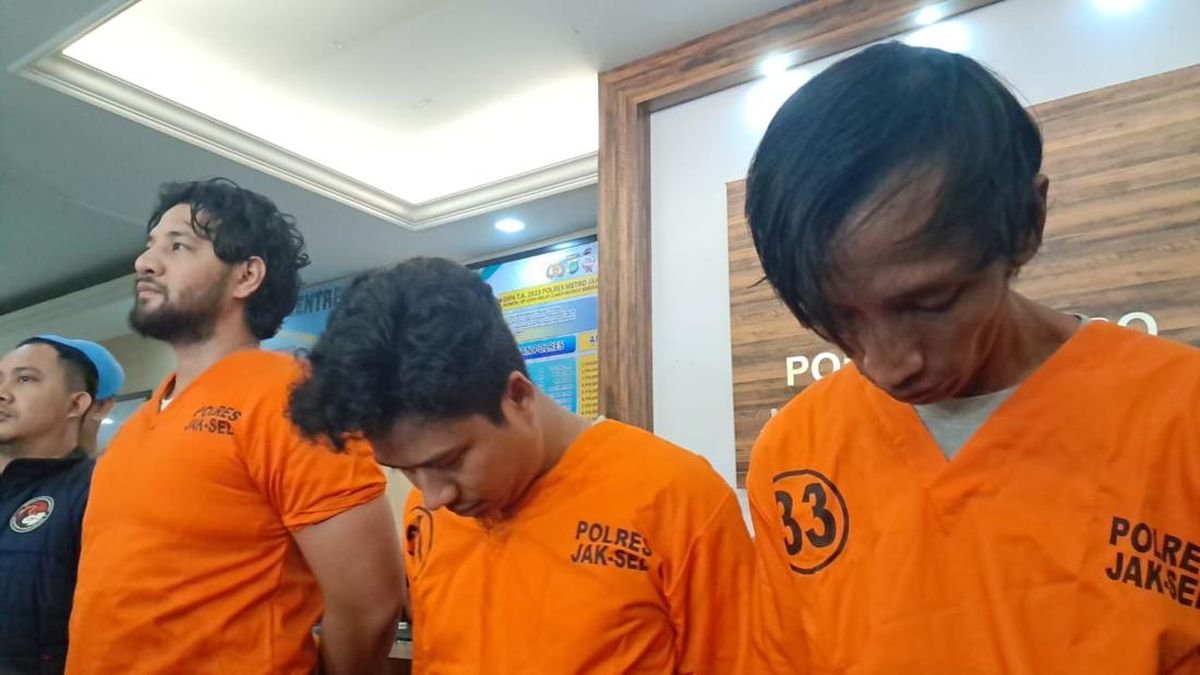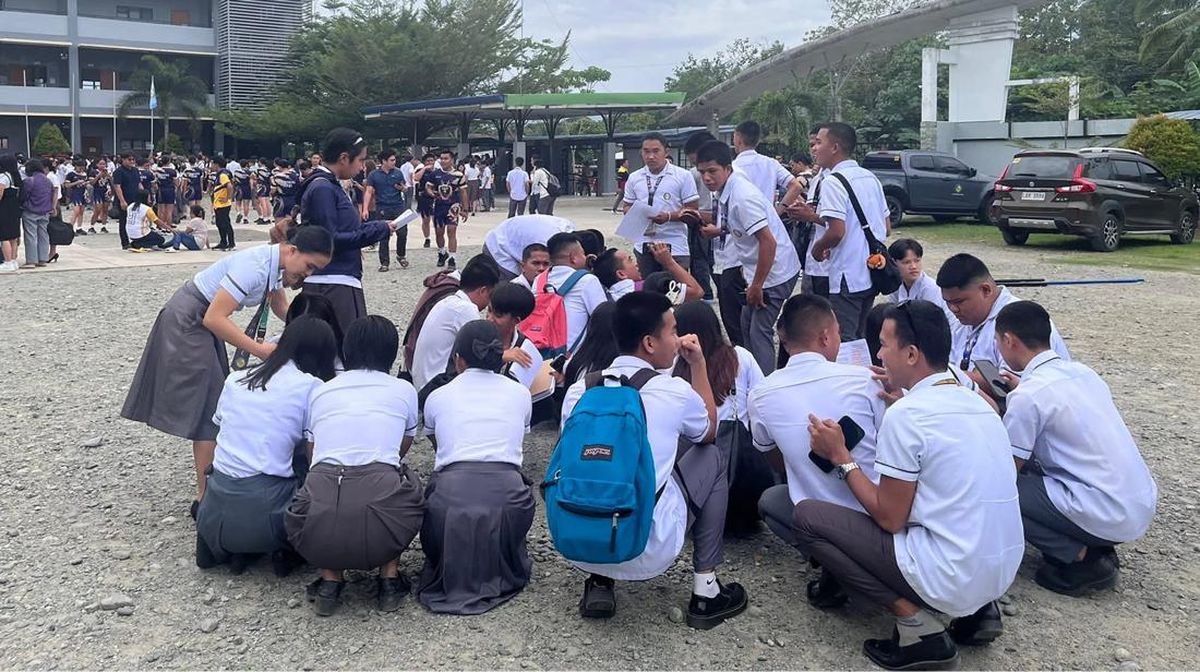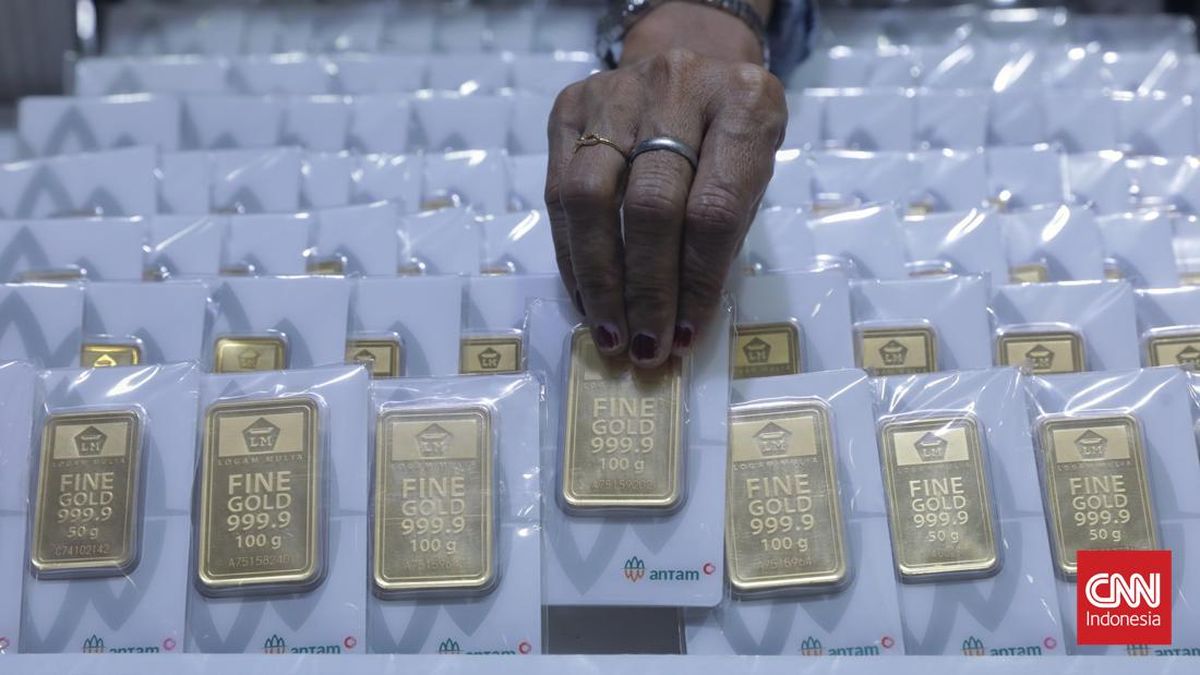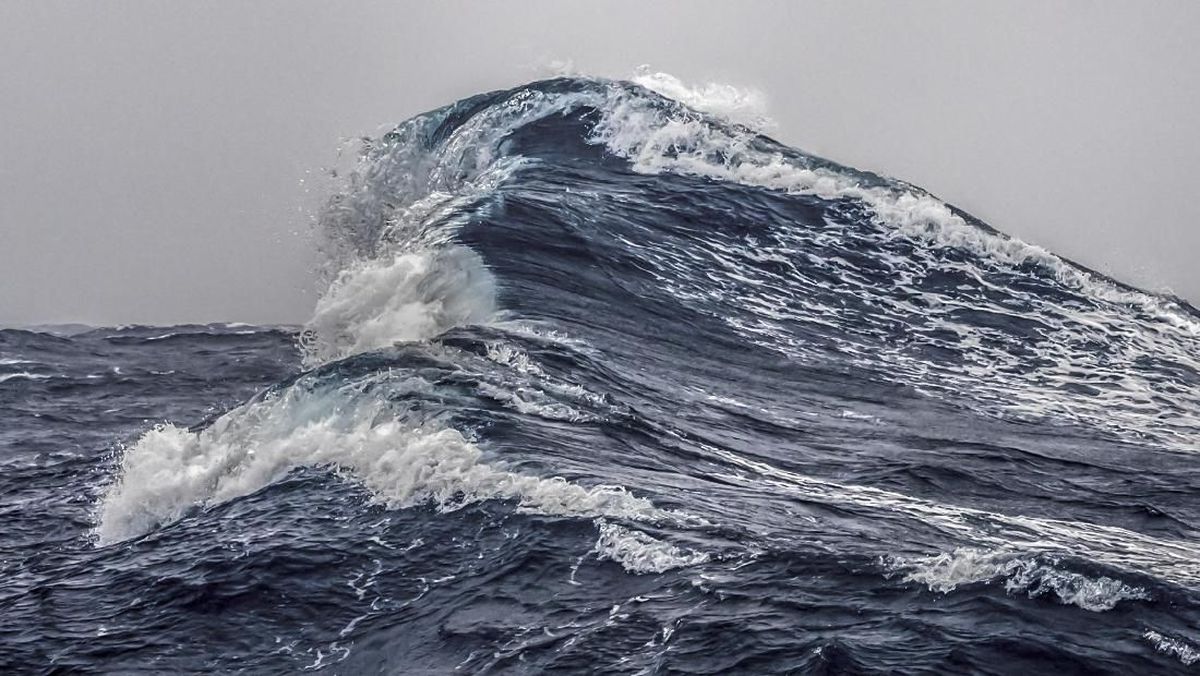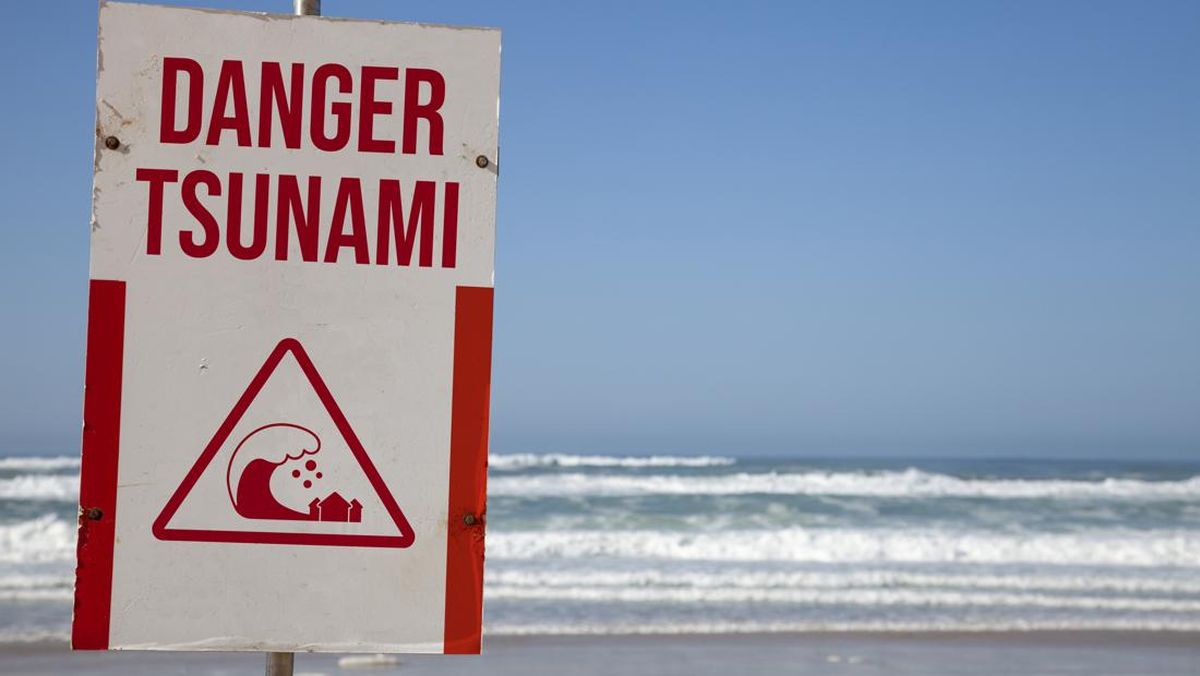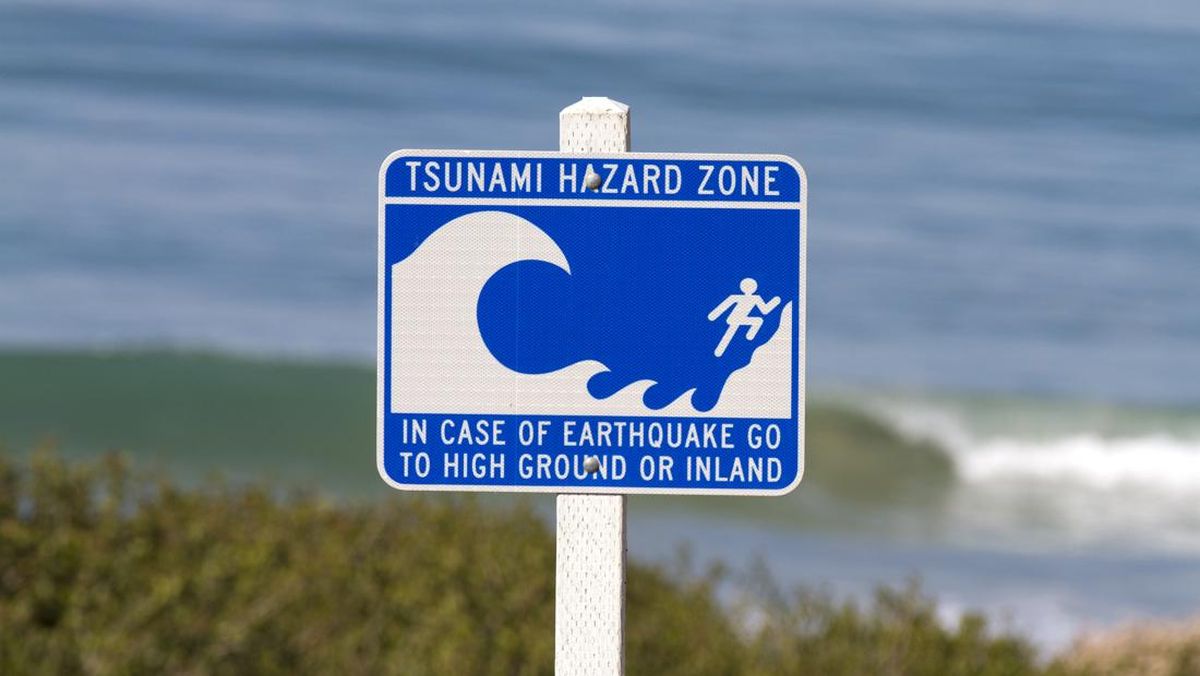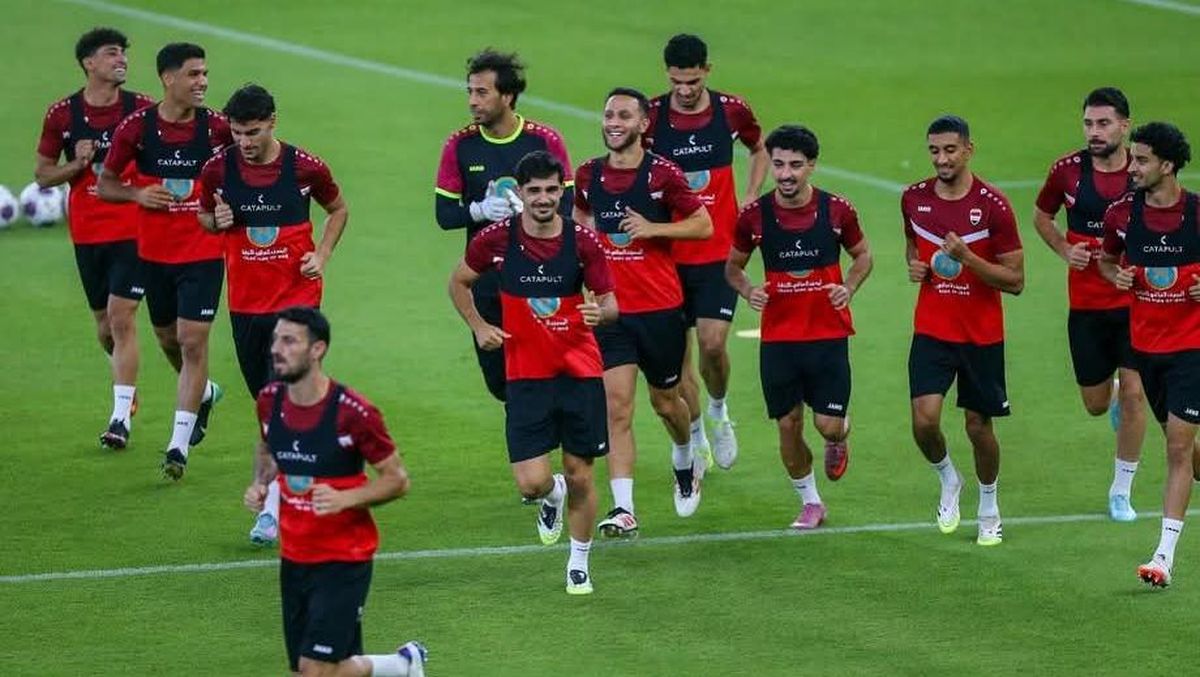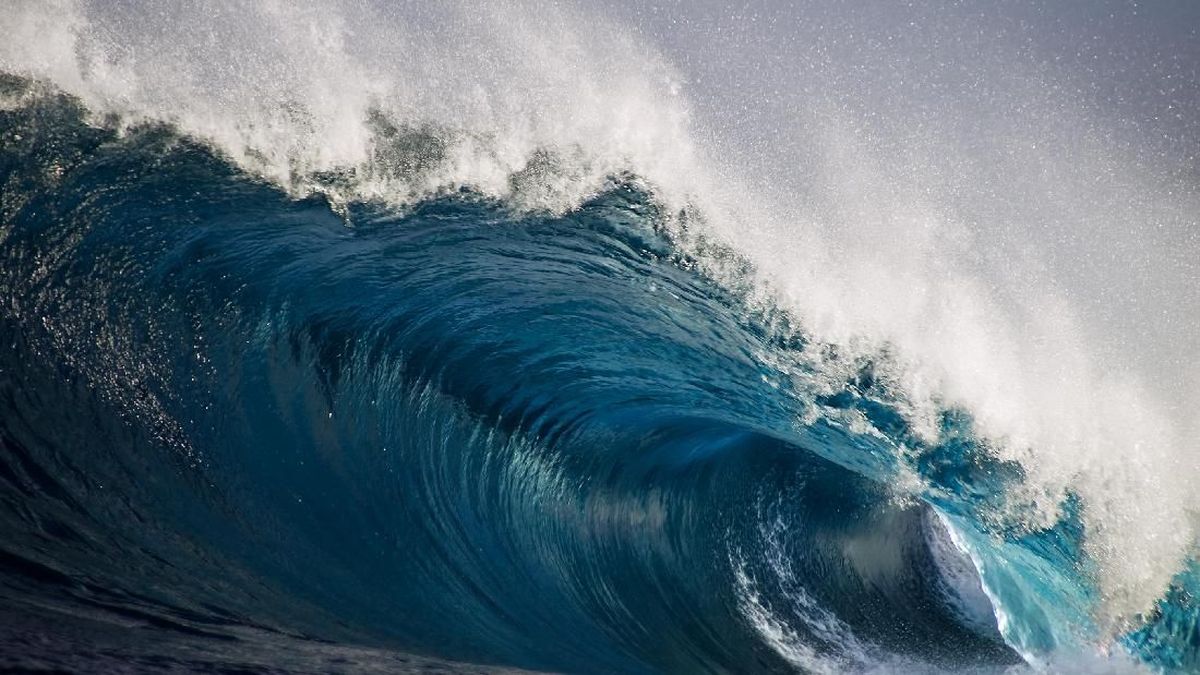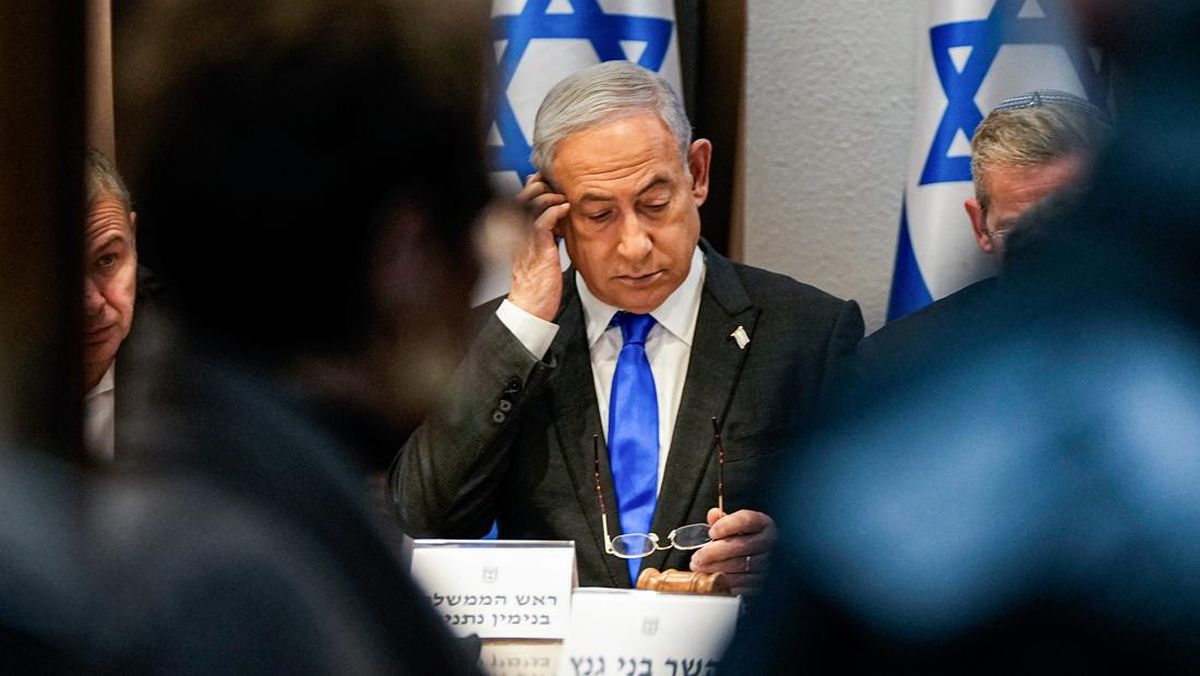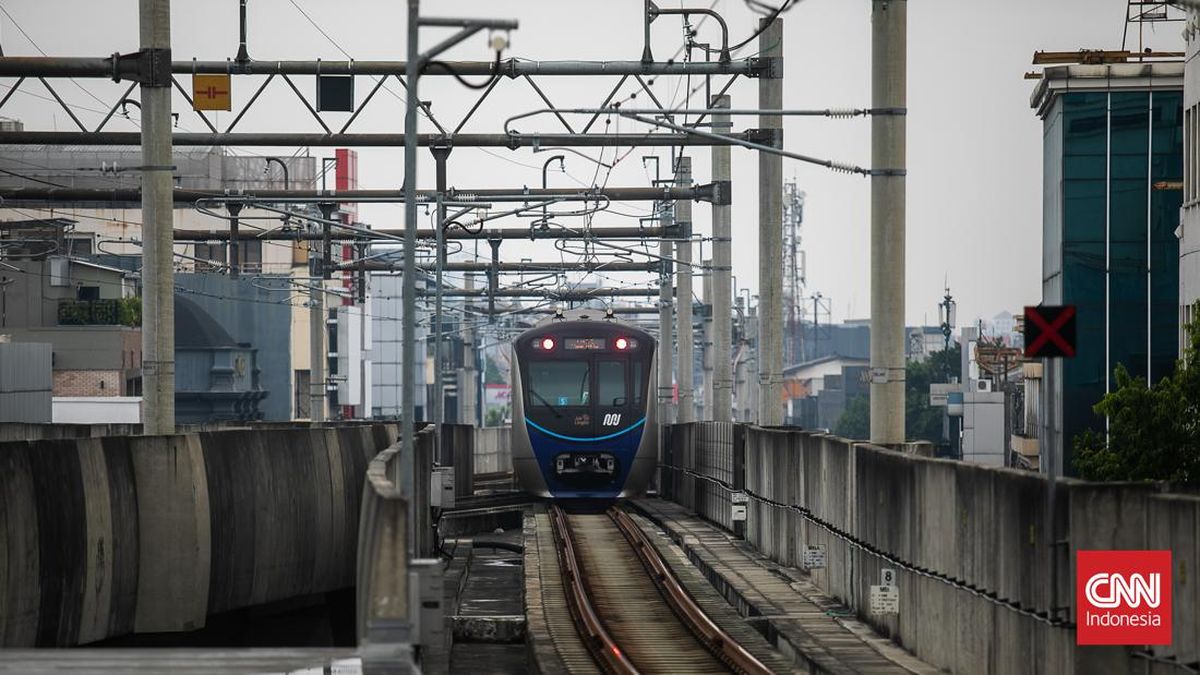Usually, it can be hours and hours in the waiting room before being admitted. How I wish there had been time to drink the crappy coffee. Instead, I was whisked through emergency within 40 minutes. At that point, I knew something was very wrong.
They put this thin tube down my nose and into my stomach. The cramps stopped. The pressure eased on my digestive system.
Surgery followed. Biopsies were taken and so came the unimaginable.
I had never heard of “metastasize” or “Stage 4B”. These terms with which I’d been comfortably unfamiliar were now part of my reality. Translated into plain English, I had aggressive colorectal cancer, and it had spread to my liver and some of the lymph nodes in my abdomen.
With no history of cancer in my family, I initially struggled to understand why or how this could happen. I still don’t really get it.
But young Australians need to get it. Colorectal cancer, also known as bowel cancer, is on the rise for us. While colon caner has declined for over 50s, the risk of being diagnosed before the age of 50 has more than doubled since 2000.
Loading
Questions flooded my mind. Does this mean I have to have chemotherapy or radiation? How sick am I going to get? Will I survive? I was overcome with panic.
My oncologist suggested I try immunotherapy as she had treated similar cases in this way. It harnesses the body’s own immune system to fight the disease.
Since October last year, I have been undergoing immunotherapy every three weeks. In January, I had my first scan, and the results showed that I was responsive to treatment. I was so relieved I cried.
Eleven sessions later and I am continuing to respond to treatment. It’s hard to tell exactly how successful it’s been as the cancer is located behind several organs, but I’m told it’s now visibly smaller. That is about as good as it can be for stage four.
There is the physical toll – crippling fatigue and body aches. A supercharged immune system can play havoc on your adrenal glands and thyroid.
And then there’s the mental anguish. There are so many unknowns.
My oncologist said: “I don’t have a timeline for you. I am not going to give you expectations. I am hoping this works, but I don’t know.”
I think of my husband, Joseph, my best friend. My beautiful rescue greyhound, Seven. They are everything to me, along with my friends and family.
I have no choice but to keep fighting.
My career in the corporate world has in some ways given me the skills to keep going – remaining calm, coping under pressure and asking the right questions.
Loading
Thankfully, my employer has reduced my workload, allowing me to focus on my health, rather than worrying about job security. My colleagues have shown incredible kindness, always making sure I am getting enough rest and checking on my wellbeing. In many ways, work has become a refuge – a semblance of normalcy amid the chaos and uncertainty.
But Joseph has been my rock. Managing a work schedule around my appointments and being there by my side, every step of the way. Not everyone in my position has that, and I am so thankful.
Seven has also kept me calm and gives me plenty of cuddles. A pet is a fantastic companion during tough times.
As I continue navigating this very strange odyssey, I do have some advice I want to pass on.
You know your body better than anyone else. If it feels off, if you know something is not quite right, trust your instincts. It was only after I got a second opinion that I started to get more answers. Don’t stop at anything when it comes to your health.
And for those in a similar position – cancer is a marathon, not a sprint. Having a good network of runners around you is crucial. I am lucky in that sense.
Naomi Lorenzen is an executive assistant at KMPG in Brisbane.
The Opinion newsletter is a weekly wrap of views that will challenge, champion and inform your own. Sign up here.

